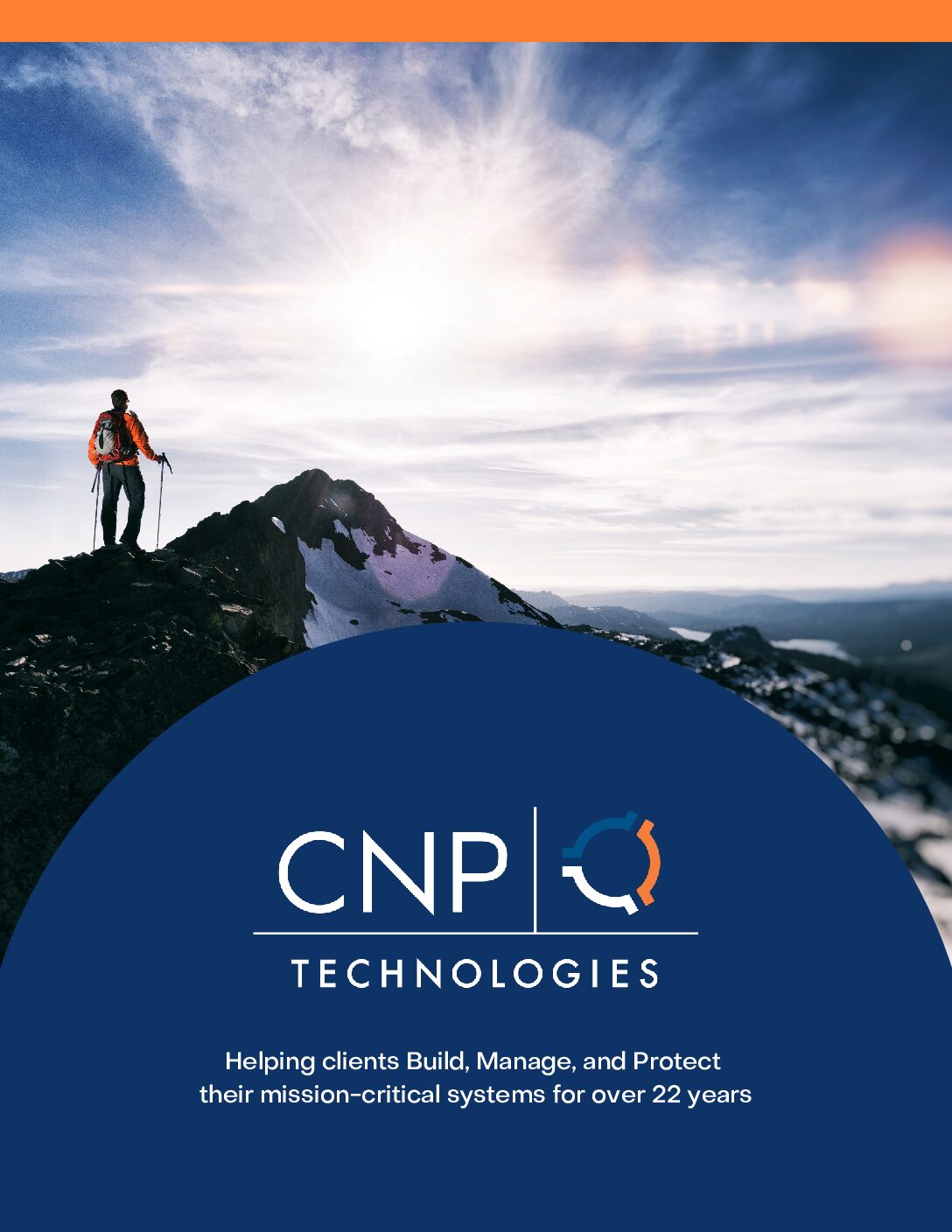Predictable. It’s a word that organizations love to hear, but unfortunately, the past few years have been anything but. Still, businesses must do their best to look ahead and plan – whatever the future may bring.
Many organizations are modernizing their communications systems to streamline operations and keep their employees and customers connected in a hybrid world. This used to be pretty straightforward, but now unified communications (UC) technology is more than just IP phones and simple features like live chat. UC supports complex workflows across hybrid teams, and next year will likely be just as complicated.
Mitel’s leadership team recently sat down and looked into the UC crystal ball. Their prediction? 2023 will be all about customer lifecycle management (CLM).
Organizations will need a communications provider who evolves with them – a trusted partner who leverages their expertise and analytics to guide them toward the right solutions today and in the future. Delivering continued support during all phases of the customer relationship and adapting the UC technology stack as needs change will be the key differentiator.
Here's what Mitel executives had to say about CLM and what the unified communications landscape will look like in 2023:
Top 5 UC Predictions for 2023
A one-size-fits-all approach to unified communications will no longer work, as organizations require tailored solutions specific to their unique needs, have many communication technology choices, and can use a mix of infrastructures.
“In 2023, the world’s business communications will occur across an increasingly dynamic and evolving panorama of on-prem, private cloud, hybrid, and UCaaS communications systems,” said Tarun Loomba, President and CEO of Mitel.
Currently, on-premise solutions are the most common, with 88% of organizations using some on-premises UC solutions, according to a recent five-country research survey conducted by Techaisle. The survey also found that 44% are combining on-premises solutions with a cloud solution, and almost half (47%) are either evaluating or currently moving their on-premises communications to the cloud.
A CLM philosophy where solutions are offered with optimal choice and flexibility, tailored to each organization’s needs, is needed in what is likely to be another unpredictable year.
Communications systems will need to do more than support hybrid work as organizations require solutions that can help them adapt to changing conditions and modernize their business.
Hybrid work is taking the global workforce by storm, but the Techaisle survey found that only 11% of organizations have a hybrid-first mindset. There’s work to be done in 2023 to provide employees with the proper communications and collaboration tools to work from anywhere. But supporting hybrid work isn’t enough.
“In 2023... a long-term commitment to CLM will win in the marketplace,” said Daren Finney, Mitel SVP of Global Channel Sales. “Now more than ever, mid-market and enterprise-level organizations are looking to help ensure their systems adequately enable hybrid work and provide the flexibility and future-proofing necessary to evolve in a fast-changing world.”
“Doing this effectively means supplying organizations with more than the latest communications equipment,” said Finney. “It means providing actionable data, insights, and proactive playbooks.”
Organizations strongly believe in the value of a state-of-the-art system: 84% say that modern communications solutions are vital for business success. Nearly three-quarters (73%) say that such solutions drive business growth.
As more businesses seek guidance on the right communications solution that delivers long-term value for both the customer and employee experience, customer lifecycle management (CLM) needs to be fully embraced.
The marketplace shift toward CLM will continue in 2023, as businesses look to drive sustained value from their communications investments – now and into the future.
Choosing the right communications technology to support hybrid work will help. More than three-quarters (78%) of employees surveyed by Techaisle agree that better communications and collaboration tools help them do their job better. Solutions that provide shared workspaces, file and screen sharing, and a mobile-first design offer a quick and sustainable return on investment by empowering workers to collaborate and complete tasks from anywhere. This contributes to a better customer experience and improved lifecycle management in the longrun.
Generative AI will take off, resulting in an overload of content. This is because Generative AI can create content automatically. It has the potential to revolutionize certain aspects of business, specifically when it comes to content marketing and contact center communications.
The technology can produce marketing copy like newsletters, emails, and even blogs. It can also improve the chatbot experience on websites and provide personalized content to customers based on their history.
In the contact center, Generative AI can produce content for agent coaching. It can also document and summarize interactions between agents and customers, creating content that can be used for training and development.
“Generative AI will see rapid adoption in 2023, with AI replacing SEO-focused content historically created by human beings,” said Venkat Nagaswamy, Mitel CMO. “So much so that we will have a content glut in a couple of years, and we will eventually come back to basics, focusing on higher quality but lower content volume.”
Cybersecurity continues to be a pressing issue for organizations. Phishing attacks, in particular, rose 61% in 2022, according to an annual study by Interisle Consulting Group. More than half (52%) of organizations are concerned about unauthorized access or leaks of their proprietary information.
“I see two significant challenges CISOs will be taking on in 2023,” said Arvind Raman, Mitel CISO. “The first is raising employee education and vigilance in avoiding ransomware, phishing, and other threats. Phishing attempts are getting more and more realistic and are coming in from not just email, but texts and social media.”
“While employers have a primary responsibility to secure their data, employees have a critically important role to play. In 2023, we’ll see increased investment in employee education, training, and awareness to actively recruit employees in the fight against bad actors.”
Organizations are also worried about applying adequate security and governance measures to the growing volume of data being used by a mobile workforce on both professional and personal devices. Roughly half of companies expect to spend between 11% and 20% of their edge investment on security, according to a recent AT&T survey.
“Securing a rapidly expanding universe of edge devices, both professional and personal, is the second challenge,” said Raman. “This is especially true for mid-market and enterprise organizations tasked with tracking tens of thousands of employees and hundreds of thousands of edge devices. You can’t protect what you don’t know you have, so auditing and securing a widely dispersed infrastructure will be key.”
A software assurance (SWA) subscription that keeps businesses up-to-date on the latest software, security fixes, and compliance requirements can help. Proactive performance monitoring gives organizations the ability to control situations before they escalate. Plus with SWA, companies have the peace of mind that their communications system is secure so they can focus their efforts on employee training and awareness.
Predictability may be in short supply these days, but we’re confident the future of unified communications is focused on helping businesses through every step of their journey. Innovative UC technologies combined with industry expertise make it possible to build on the best choices for today which adapt for tomorrow.
The future may be uncertain, but a modern UC provider like CNP Technologies can provide the reliability and stability needed for long-term success in 2023 and beyond. Contact us to learn more or get started today!

CNP Technologies has been delivering unified communications, data and network infrastructure, and security to companies across the United States from our headquarters in Charlotte, NC for over 22 years.
Learn more about us and how we can help you:
Source: Adapted from original post by the Experts at Mitel
